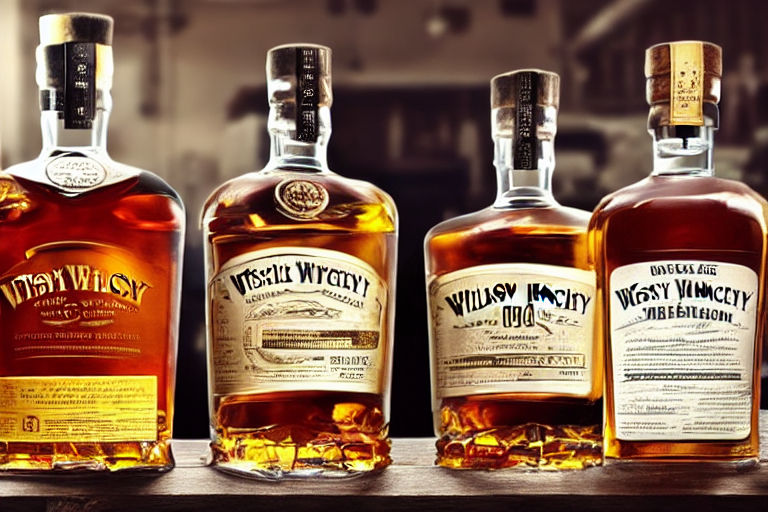Whiskey 101: Understanding the Importance of Age and Distillation
When it comes to whiskey, there are a lot of factors that contribute to its overall taste and quality. Two of the most important elements to consider are age and distillation. In this post, we'll take a closer look at each of these factors and how they impact the final product.
Age
The age of a whiskey can have a significant impact on its flavor profile, aroma, and overall quality. Generally speaking, the longer a whiskey is aged, the more complex and nuanced its flavor will be. This is because the aging process allows the whiskey to interact with the barrel, which can impart unique flavors based on the type of wood, char level, and origin.
While aging is important, it's not the only factor to consider. Some types of whiskey, like bourbon, are required by law to be aged for a certain amount of time (in the case of bourbon, it must be aged for at least two years). However, this doesn't necessarily mean that longer aging always equals better quality. In fact, some whiskeys may be over-aged, which can result in a woody or bitter taste.
Distillation
The distillation process is another critical component to consider when it comes to whiskey. Essentially, distillation is the process of heating a liquid to create a vapor, which is then condensed back into a liquid form. In whiskey-making, the goal of distillation is to remove impurities and create a consistent, high-quality product.
There are two main types of distillation: pot distillation and column distillation. Pot distillation is the traditional method and involves heating the liquid in a copper pot still. This method tends to produce a whiskey with more complex flavors and aromas. Column distillation, on the other hand, involves using a tall column still to create a higher-proof spirit with a neutral flavor profile.
One important thing to note is that the type of distillation used can also impact the aging process. Whiskey that is distilled using a pot still may be aged for longer periods of time, as the resulting whiskey tends to have more “room to grow” in terms of flavor and complexity.
Conclusion
When it comes to whiskey, age and distillation are two of the most critical factors to consider. While aging allows the whiskey to develop unique flavors and aromas, it's important to not overdo it. Similarly, the type of distillation used can impact both the flavor profile and the aging process. By understanding these factors, you'll be better equipped to choose a whiskey that suits your tastes and preferences.



